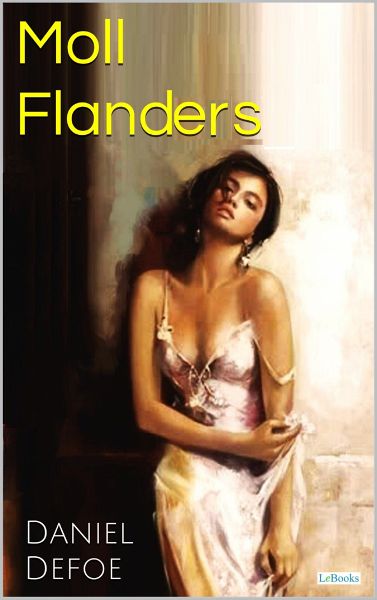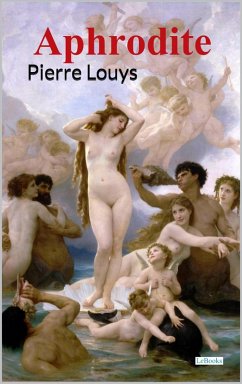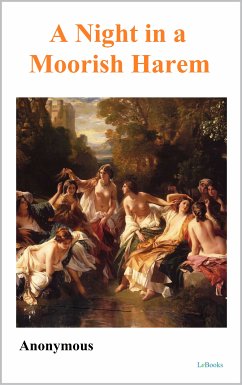
MOLL FLANDERS - Daniel Defoe (eBook, ePUB)
Versandkostenfrei!
Sofort per Download lieferbar
1,90 €
inkl. MwSt.

PAYBACK Punkte
0 °P sammeln!
Published in 1722, Moll Flanders is one of Defoe's most notable works, following the life of its eponymous heroine. The novel is a compelling story of a woman born into poverty who navigates the challenges of 17th-century England with resourcefulness and determination. Told in the first person, Moll's narrative recounts her many adventures, misfortunes, and the moral dilemmas she faces as she seeks security and respectability. Moll Flanders is more than just a tale of crime and survival; it is a complex exploration of the human condition, social mobility, and the pursuit of redemption. Defoe's...
Published in 1722, Moll Flanders is one of Defoe's most notable works, following the life of its eponymous heroine. The novel is a compelling story of a woman born into poverty who navigates the challenges of 17th-century England with resourcefulness and determination. Told in the first person, Moll's narrative recounts her many adventures, misfortunes, and the moral dilemmas she faces as she seeks security and respectability. Moll Flanders is more than just a tale of crime and survival; it is a complex exploration of the human condition, social mobility, and the pursuit of redemption. Defoe's portrayal of Moll's life is both realistic and sympathetic, offering a nuanced look at the choices she makes and the circumstances that shape her fate. The novel's vivid depiction of the struggles and resilience of its protagonist invites readers to reflect on themes of morality, society, and the human capacity for change.
Eine Lieferung an Minderjährige ist nicht möglich
Dieser Download kann aus rechtlichen Gründen nur mit Rechnungsadresse in A, B, BG, CY, CZ, D, DK, EW, E, FIN, F, GR, H, IRL, I, LT, L, LR, M, NL, PL, P, R, S, SLO, SK ausgeliefert werden.
Entdecke weitere interessante Produkte
Stöbere durch unsere vielfältigen Angebote















